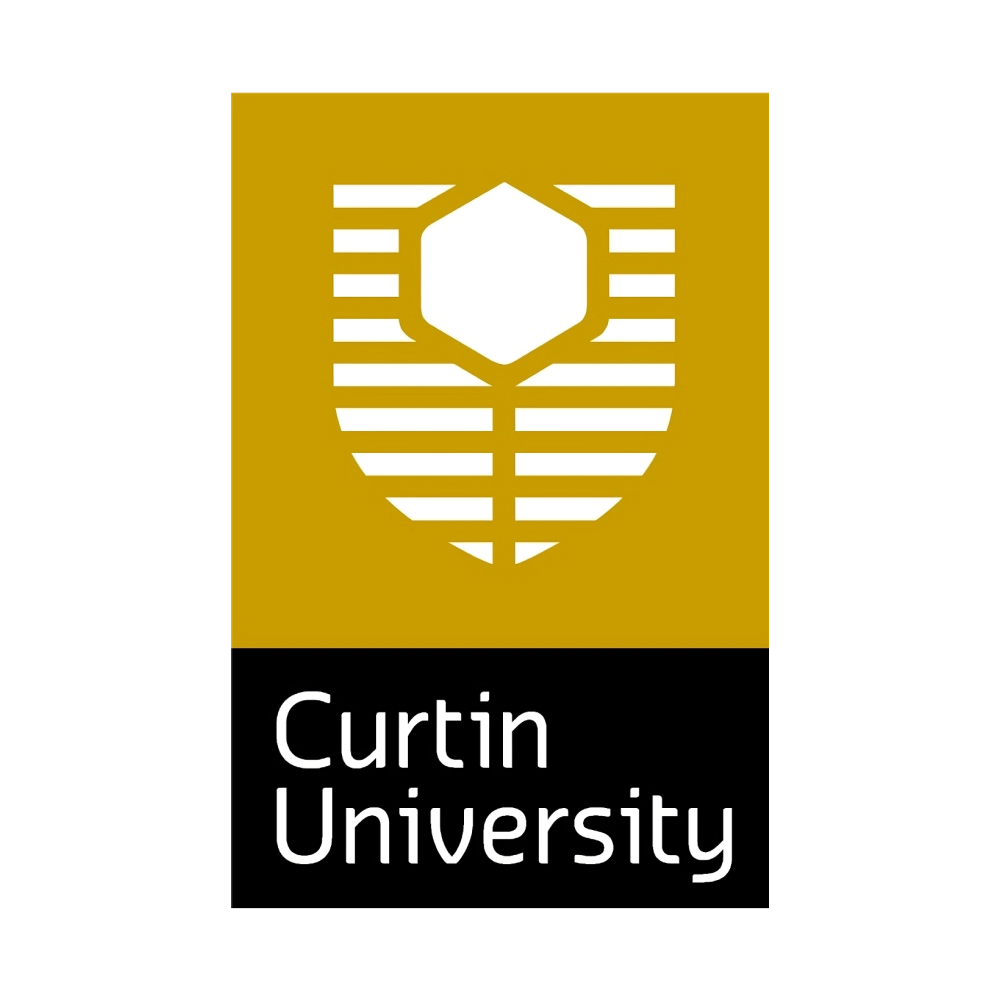Curtin University
Graduate Diploma in Professional Accounting
- Delivery: Face to Face
- Study Level: Postgraduate
- Duration: 12 months
- Course Type: Graduate Diploma
Improve your foundational knowledge and skills to excel in advanced accounting practices.

Course overview
This excellent entry-level qualification is suitable if you wish to upgrade your accounting knowledge to further your career in commerce, government, industry or public practice. It will help you develop intermediate knowledge and skills in accounting. It will prepare you to undertake professional or highly skilled work in areas that require an intermediate understanding of accounting and related practices. You’ll study Australian tax law, corporate accounting, data analytics, microeconomics and macroeconomics in an international context. As the Graduate Certificate in Accounting is nested within this course, you will also study topics from that course, including cost behaviour and financial accounting.
When you complete this course, you can progress to the Master of Professional Accounting.
Key facts
What you will study
To complete the Graduate Diploma of International Relations and National Security, you must complete 200 credit points.
Core units
- Intermediate Financial Accounting
- Financial Principles and Analysis
- Fundamentals of Business and Corporations Law
- Intermediate Management Accounting
- Fundamentals of Australian Tax Law
- Global Managerial Economics
- Accounting Systems in the Digital Age
- Business Analytics and Data Visualisation
Entry requirements
A bachelor's degree (or equivalent) in a field of study other than accounting, or a Graduate Certificate in Professional Accounting from a recognised tertiary institution.
English language requirements
Curtin requires all applicants to demonstrate proficiency in English. Specific English requirements for this course are outlined below.
- IELTS - Writing 6.0
- Speaking 6.0
- Reading 6.0
- Listening 6.0
- Overall bans score 6.5.
You may demonstrate English proficiency using other tests. Please get in touch with the university for complete details.
Recognition of Prior Learning
Applications for credit for recognised learning are not considered within this course.
Outcomes
Career outcomes
- Bookkeeper
- Account Clerk
- Contracts Administrator
- Business Analyst
- Tax Agent
Learning outcomes
- Apply accounting, economics, information systems, statistics, law and social sciences principles related to reporting business activity.
- Critically analyse issues in the collection, recording and reporting of economic activity to enable the development of accounting information systems, giving cost-effective decisions useful information.
- Locate, extract and critically appraise decision-useful information related to economic activity from sources within an organisation and from external sources.
- Relate the significance of commercial events and issues to the business and investing community using effectively structured financial communication and appropriate language.
- Use electronic resources to effectively interrogate databases, analyse data, collect information and communicate.
- Take responsibility for self-directed learning and developing a career-long attitude of continuing professional development.
- Recognise the global nature of accounting by applying international financial reporting standards and appreciate the information requirements of a worldwide economic system.
- Demonstrate an understanding that cultural practices and differences impact commercial practices and interpersonal relations.
- Apply an ethical approach to analysing and reporting commercial activities; advising clients; demonstrate leadership and the ability to delegate tasks to ensure timely outcomes; Work independently and in teams to achieve agreed outcomes.
Fees and FEE-HELP
Indicative 2026 first-year fee: $36,744 (domestic full-fee paying place).
Based on a first-year full-time study load of 200 credits. The total cost will depend on your course options (i.e. units selected and time taken to complete).
A student’s annual fee may vary in accordance with:
- The number of units studied per term.
- The choice of major or specialisation.
- Choice of units.
- Credit from previous study or work experience.
- Eligibility for government-funded loans.
Student fees shown are subject to change. Contact the university directly to confirm.
FEE-HELP loans are available to assist eligible full-fee paying domestic students with the cost of a university course.








